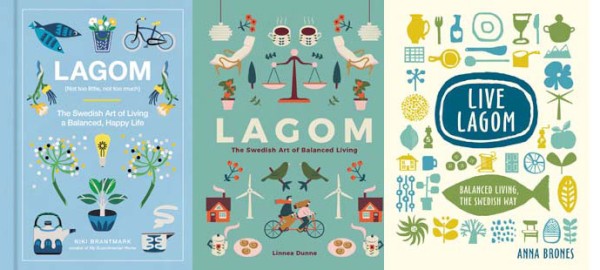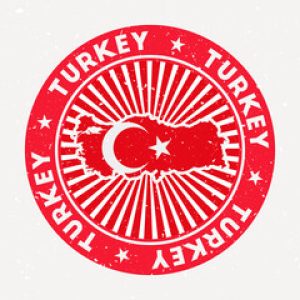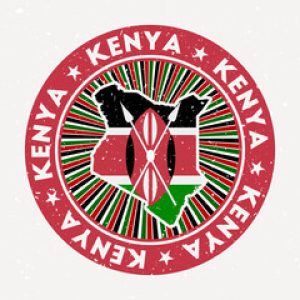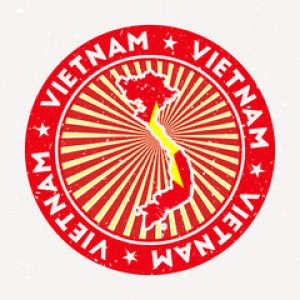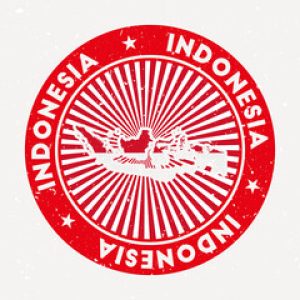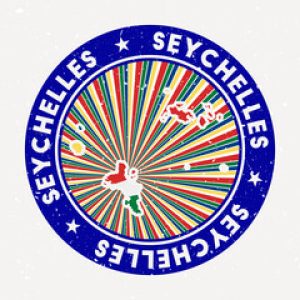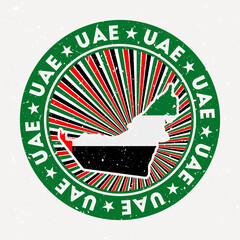The Trending Lifestyles - Hygge, Lagom, Ikigai
These are the hot selling lifestyle philosophies in the international markets that have become a trending discussion topic. And entrepreneurs are working overtime to create merchandises around these concepts. Fashion, architecture, home décor and food products are equally in demand once they brand themselves according to the propagated lifestyle.
If you look beyond the surface, you will see an uncontainable level of disconnect and unrest within people, which is recognised as a lucrative business opportunity, thereby developing a commercial approach by and large for these liberating concepts. These lifestyles aim to have stability and joy in our lives. So, which lifestyle one should follow amongst the available mix? We tend to pick political parties or ideas or religions to follow and then prove our intellect and loyalty by identifying with their principles and fighting everyone in opposition. In short, everyone is in disagreement with everyone else.
To choose, let us first analyse this subject with an open mind instead of following it because it’s the fashionable thing to do. Let it answer for itself whether they really are the tools of the happy and purposeful life they claim to be.
Hygge (/'h(j)u?g?/; Danish: ['hyk?]; Norwegian: ['hyg??]) is a Danish and Norwegian word for a mood of coziness and comfortable conviviality with feelings of wellness and contentment.
Hygge (hue-guh) the Danish version of living a happy life by creating an ambience of cosiness as a personal space or cosy gatherings starting from cosy lights, furniture, space, clothes, crockery and all things quaint. The home décor industry has even launched a hygge line of everything they can come out with.

A cosy ambience sets a certain mood, appreciated if you are in a frame of mind to enjoy it. But moods, as we know, are fickle; one moment this the next moment something else. There are times when you have come to a cosy ambience and found it overbearing and have gone out to seek open space, or a cosy gathering has gotten on your nerves, and you have chosen to be left alone.
So, if the Hygge lifestyle makes you happy, then the sense of disconnect should not plague you. If your internal agitation throws you off balance, how does an external staged mood up-lifter make you happy? Therefore, is it prudent to say that a cosy ambience cannot achieve a happy life's innate sense of balance?

 " alt="Pink Hello Kitty Pouch on Pink Textile · Free Stock Photo">
" alt="Pink Hello Kitty Pouch on Pink Textile · Free Stock Photo">
With talks of balance, let's come to Lagom, the Swedish version of minimalism or living a balanced life. ??????
Lagom (pronounced ['l?^?g?m]) is a Swedish word meaning "just the right amount".
The word can be variously translated as "in moderation", "in balance", "perfect-simple", and "suitable" (in matter of amounts). Whereas words like sufficient and average suggest some degree of abstinence, scarcity, or failure, lagom carries the connotation of appropriateness, although not necessarily perfection.

Not too little, not too much, just the right amount. It is a good theory, but how does one quantify the right balance?
Lagom theory does not give a framework to measure the right amount but leaves it to the reader to figure out what suits them. But what suits us is again subject to our thoughts; what we are thinking at that moment will determine our action or lack of. An imposed doctrine cannot align with your internal mechanism of mind and body. Regimentally following a laid-out pattern with your inner or emotional side in discord does not provide an in-sync mindset.
If there are desires you mean to quell by adopting a discipline on the outwards, the desire will fester in an unfathomable way. Therefore, if the ‘root cause’ of arbitrary thoughts invading our mind and distracting from our natural balance is addressed and settled, then the actions and decisions emerging from these rampant thoughts will be balanced. So now the question is, how does one identify the root cause of the origins of thoughts, personal likes and dislikes, actions and reactions, fantasy and desires, acceptance and implementations, rejections and abhorrence?

The age-long conditioning mind has acquired how does one combat it to conclude this is the right balance. Balance for a better living cannot be individualist; it has to be collective and universal. If my too much is too little for you and your too little is too much for me, we both are perceiving and calculating two different values. The axis is the centre; in this context, the balance is the centre, then everything obeys the principle of the axis, for example, earth and gravitational force. The balance, therefore, has to act as a benevolence factor for the person’s holistic wellbeing. The paradox in this hypothesis is that if benevolence has to be the outcome, how do we, with our wavering, unpredictable and fickle thought process, conclude this is the balance for us.
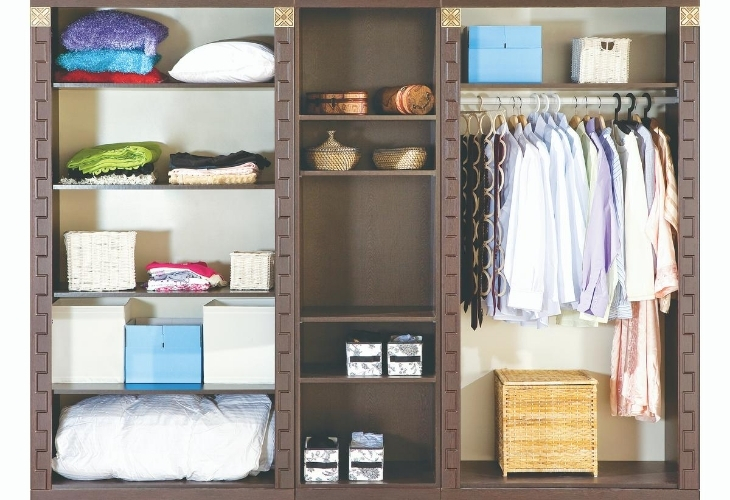
Ikigai (????, pronounced [ikigai]) is a Japanese concept that means "a reason for being". The word refers to having a direction or purpose in life, that which makes one's life worthwhile, and towards which an individual takes spontaneous and willing actions giving them satisfaction and a sense of meaning to life.
Ikigai goes ahead and gives you the balanced Venn diagram and breakup of the priorities one has to have to have a happy life. The concept is your life's intersections and overlapping of the primary, secondary, tertiary aspects, which is your Ikigai, your reason for being. It is a good adaptation of what ideally a person's life should be, but will it truly give the meaning you seek in your life? The original existential questions since Adam & Eve of who we are and why are we here are the same modern-day chaos questions like what is the meaning of our life and what do we seek. These are the evolutionary questions everybody wants to be answered. Although a notch ahead of the concepts of hygge and lagom, does Ikigai alone answer that question? To what extend a well-designed diagram is one singular answer to your life. Life, which is a living process, organic and spontaneous, can it truly identify with a diagram?

Without the knowledge of our creation and the unifying principle that is the core of the sustenance of the living beings and the whole existence, can we determine the purpose of our life just by dividing our passion, profession, vocation, money, mission etc.? Can the question be answered with rationality without considering the non-rational part of it which is beyond the mechanics of logic and brain work?

Like true scientist, why don't we seek answers without bias or popular belief? Why don't we use our innate wisdom and pure intellect? Have we somehow overlooked the presence of the life source within us that is all-pervading? The light within us and the enlightenment - our soul that is universal and benevolent, the key to emancipation and the next step in evolution. Is this the purpose of the life we seek? Because historically, we have evolved due to our seeking, from amoeba to human. We have crossed each stage to seek the next awareness - a higher consciousness and a collective consciousness.
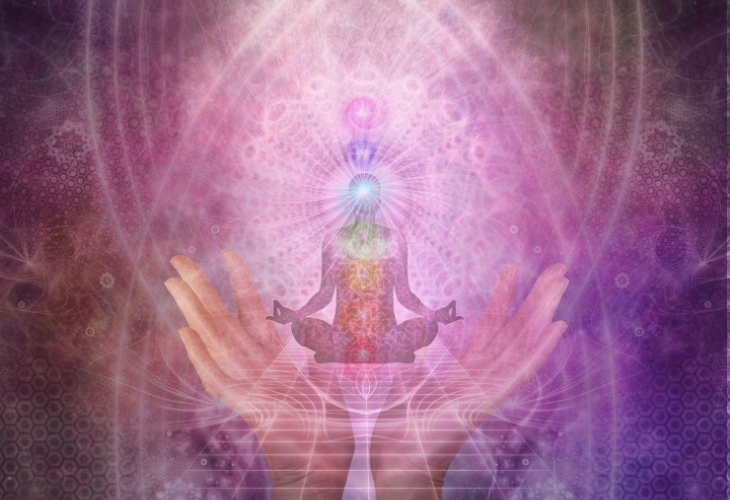
Maybe this answer is built within us, and we need to find it spontaneously, just like we spontaneously breathe, and everything else falls into its place and manages its own functions. Maybe that is why it doesn’t make a good marketing program. Because what is free of cost, given to us through the evolution as our birthright, cannot be marketed as money-making programs.
Once we have this answer which is the root, we can very well do a backward calculation from Ikigai to Lagom to hygge, and it will then make sense to a beautiful and evolved life.
Can it, therefore, be deduced that these philosophies are just lifestyle trends? So, let them be trends and do not put the onus of your happiness and the answer to the purpose of life on these well-marketed trends. Nevertheless, the concepts are noble, for home décor or keeping your purchases and recipes in check and even charting out your worldly aspect of life. But they are better used for their value addition as the aesthetic and perceived importance of goods because they are at the outset value add-ons on the exterior after you are connected to the mainframe.
Tags ~ Hygge, Lagom or Ikigai – Which Lifestyle Concept Is Best, Latest lifestyle trends, What is the Hygge lifestyle, Lifestyle Guide Hygge Lagom Ikigai , Living trends you should follow, Lifestyle philosophies

